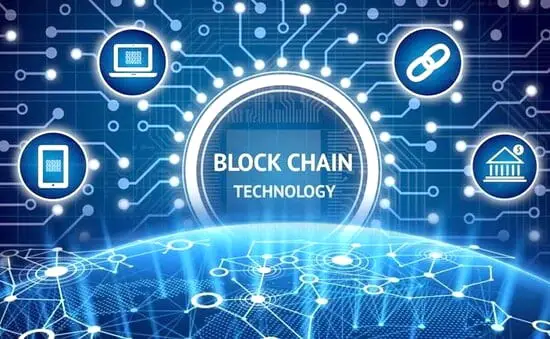Blockchain Cryptocurrencies: The most well-known application of blockchain is in cryptocurrencies like Bitcoin, Ethereum, and many others. Blockchain enables secure and transparent transactions without the need for intermediaries like banks.
Supply Chain Management:
Blockchain allows tracking and authentication of goods at every stage of the supply chain. This enhances transparency, reduces fraud, and ensures the authenticity of products.
Smart Contracts:
These are self-executing contracts with the terms directly written into code. They automatically enforce and execute agreements when predefined conditions are met, eliminating the need for intermediaries and reducing the potential for disputes.
Healthcare:
Blockchain can securely store and manage patient records, ensuring privacy, accessibility, and accuracy of medical data. It can also facilitate secure sharing of information between healthcare providers.
Voting Systems:
Blockchain technology can be used to create transparent and tamper-proof voting systems, ensuring the integrity of the electoral process by providing an immutable record of votes.
Real Estate:
Blockchain simplifies property transactions by enabling transparent and secure recording of property ownership and facilitating faster and more efficient transfer of titles.
Identity Verification:
Blockchain can provide a secure and decentralized way to verify identities, reducing the risk of identity theft and enabling smoother access to services that require authentication.
Intellectual Property Protection:
Blockchain can be used to timestamp creations, establish ownership, and protect intellectual property rights by providing an immutable record of ownership and creation.
Cross-border Payments:
Blockchain enables faster, cheaper, and more secure cross-border transactions by eliminating intermediaries and reducing processing times.
Energy Trading:
It allows for peer-to-peer energy trading, where individuals can buy and sell excess renewable energy directly to others on a decentralized network.
